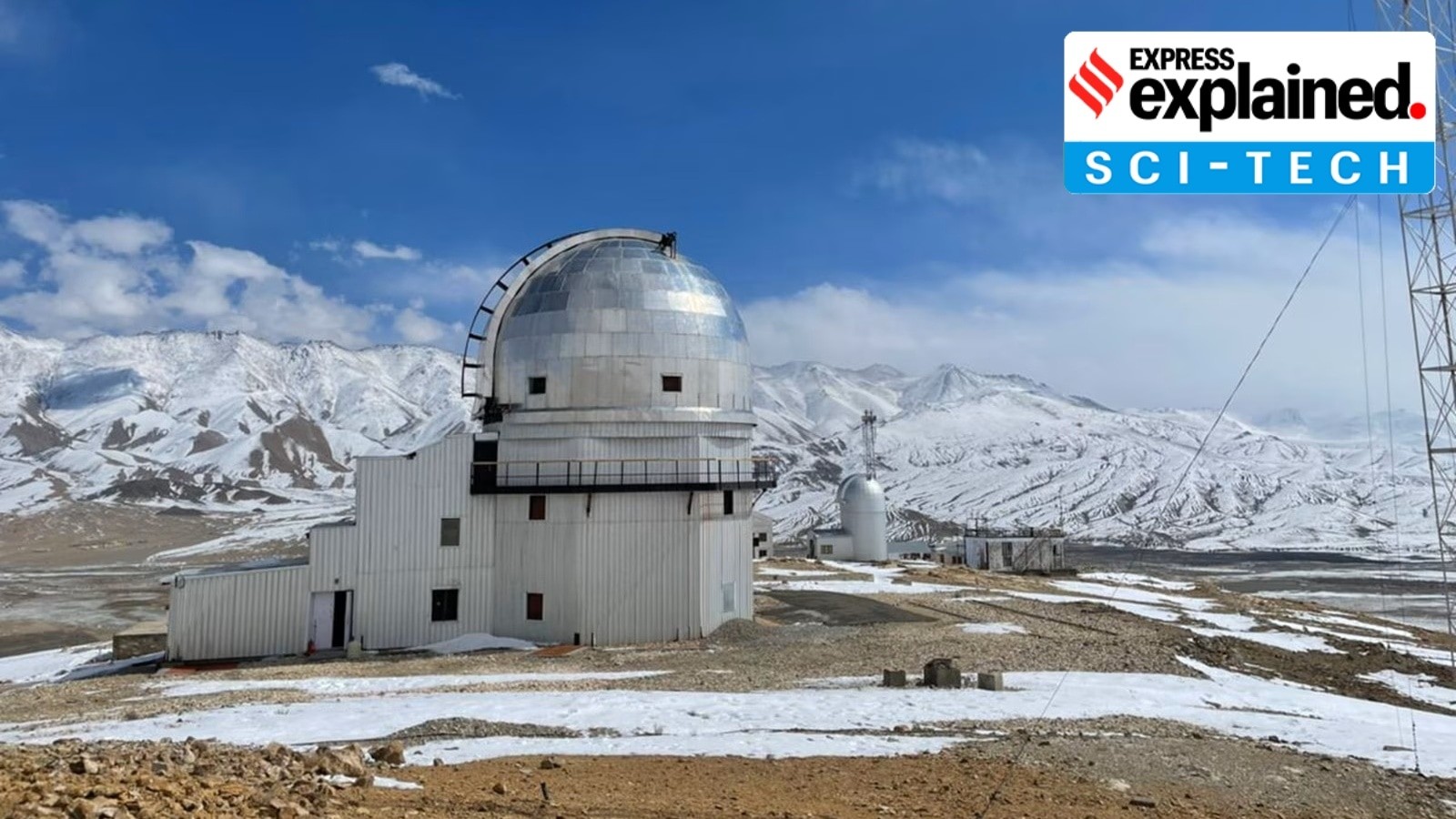Description

Disclaimer: Copyright infringement not intended.
Context:
- Jawaharlal Nehru Centre for Advanced Scientific Research (JNCASR) has partnered with Hindustan Zinc Limited (HZL) to develop and commercialize new zinc materials for low-cost, grid-scale energy storage using indigenous Zn-ion battery technologies.
About Zinc Ion Batteries
- Zinc ion batteries utilize zinc as the primary material for the anode, and a material like manganese dioxide or vanadium oxide is used for the cathode.
- The electrolyte usually comprises an aqueous solution, which is different from the organic solvents used in lithium-ion batteries.
- This simple composition offers several advantages over traditional lithium-ion batteries.

Advantages of Zinc Ion Batteries
Safety and Stability:
- Zinc ion batteries are inherently safer than lithium-ion batteries. They are less prone to catching fire and do not pose significant risks of explosion, making them suitable for various applications, including large-scale energy storage.
Cost-Effectiveness:
- Zinc is abundant and relatively inexpensive compared to lithium. This makes zinc ion batteries more cost-effective to produce, which can lower the overall cost of energy storage solutions.
Environmental Impact:
- Zinc ion batteries are more environmentally friendly. The materials used are non-toxic and pose minimal environmental hazards. Moreover, the aqueous electrolytes used reduce the risk of chemical leaks and pollution.
High Performance:
- These batteries exhibit good performance in terms of energy density and cycle life. They can efficiently store and deliver energy, making them viable for both small-scale electronic devices and large-scale energy storage systems.
Research and Developments in India
- Recent advancements in zinc ion battery technology in India have shown promising results.
- Researchers are focusing on improving the energy density and cycle life of these batteries to make them competitive with lithium-ion batteries.
- India's push towards renewable energy and sustainable practices has further accelerated research in this area.
Applications of Zinc Ion Batteries
Grid Storage:
- Zinc ion batteries are well-suited for grid storage applications.
- Their safety and cost advantages make them ideal for storing renewable energy from sources like solar and wind, ensuring a stable energy supply.
Electric Vehicles (EVs):
- While still in the development phase, zinc ion batteries have the potential to be used in electric vehicles.
- Their safety, coupled with improvements in energy density, could make them a viable alternative to lithium-ion batteries for EVs.
Portable Electronics:
These batteries can also be used in portable electronic devices, offering a safer and potentially longer-lasting power source.


Future Prospects
- The increasing emphasis on sustainable energy storage solutions provides a robust platform for the development and adoption of zinc ion batteries.
- As research progresses, these batteries are expected to play a significant role in the energy storage landscape, contributing to the global shift towards green energy.
Conclusion
- Zinc ion batteries represent a promising advancement in energy storage technology.
- Their safety, cost-effectiveness, and environmental benefits make them a viable alternative to lithium-ion batteries.
- With continuous research and development, zinc ion batteries have the potential to revolutionize energy storage systems and support sustainable energy initiatives globally.
READ ABOUT- Advancements in Metal-Air Batteries- https://www.iasgyan.in/daily-current-affairs/metal-air-batteries
Reference
https://pib.gov.in/PressReleasePage.aspx?PRID=2047647
|
PRACTICE QUESTION
Q. Discuss the potential advantages associated with the use of zinc-ion batteries compared to traditional lithium-ion batteries. How could the development and deployment of zinc-ion battery technology contribute to advancements in renewable energy storage?
|














